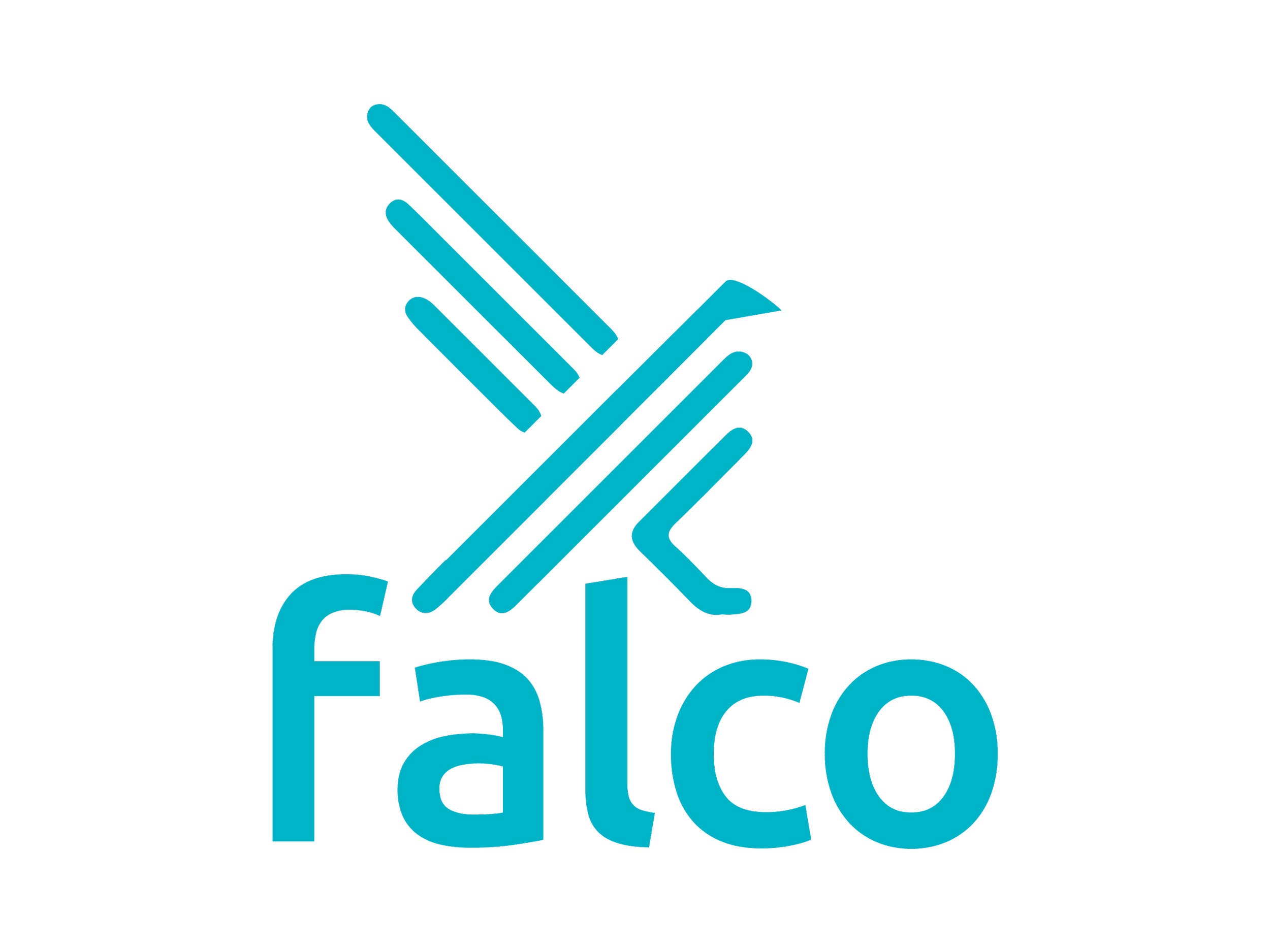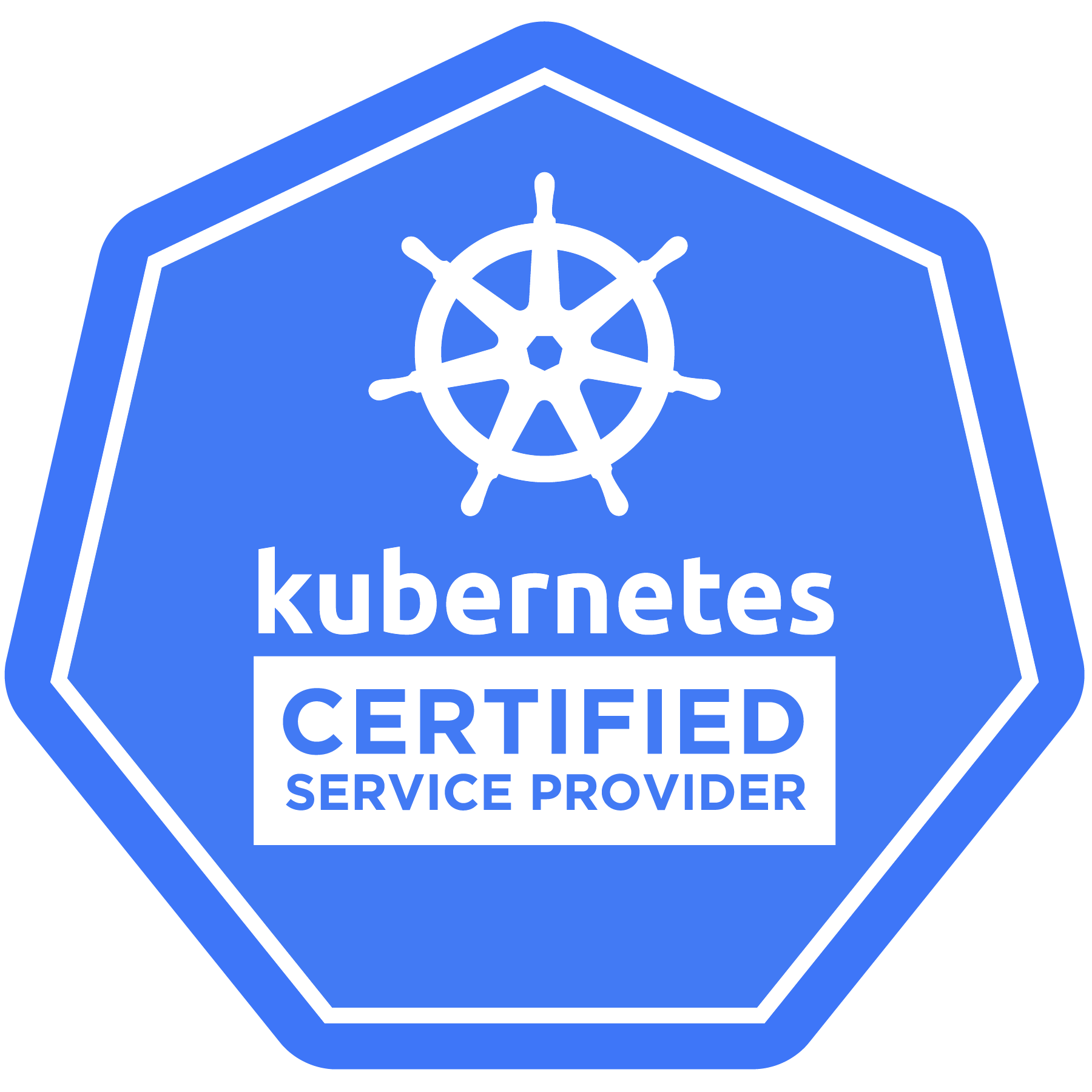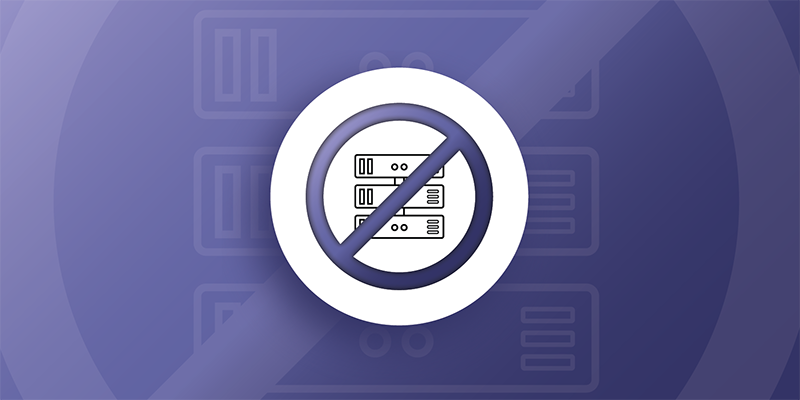From a technology perspective, at its core, observability is simply the ability to see, or monitor, what is going on inside an application. This is not new - Systems People have always needed to monitor things.
To understand it, we need to go back in time to the origins of monitoring.
Dive in as we explore the dawn of (computer) time, journey through the Dot-com Bubble through to its crash, and see where Systems Monitoring, Real User Monitoring and Application Performance Monitoring, and finally, Observability come into the fray.







